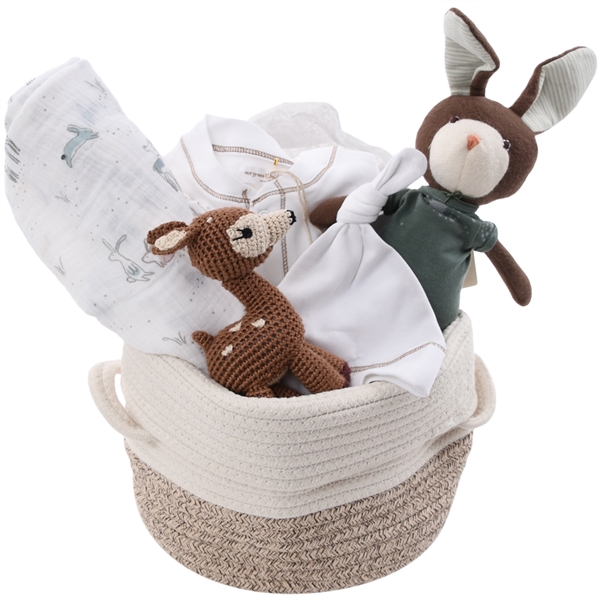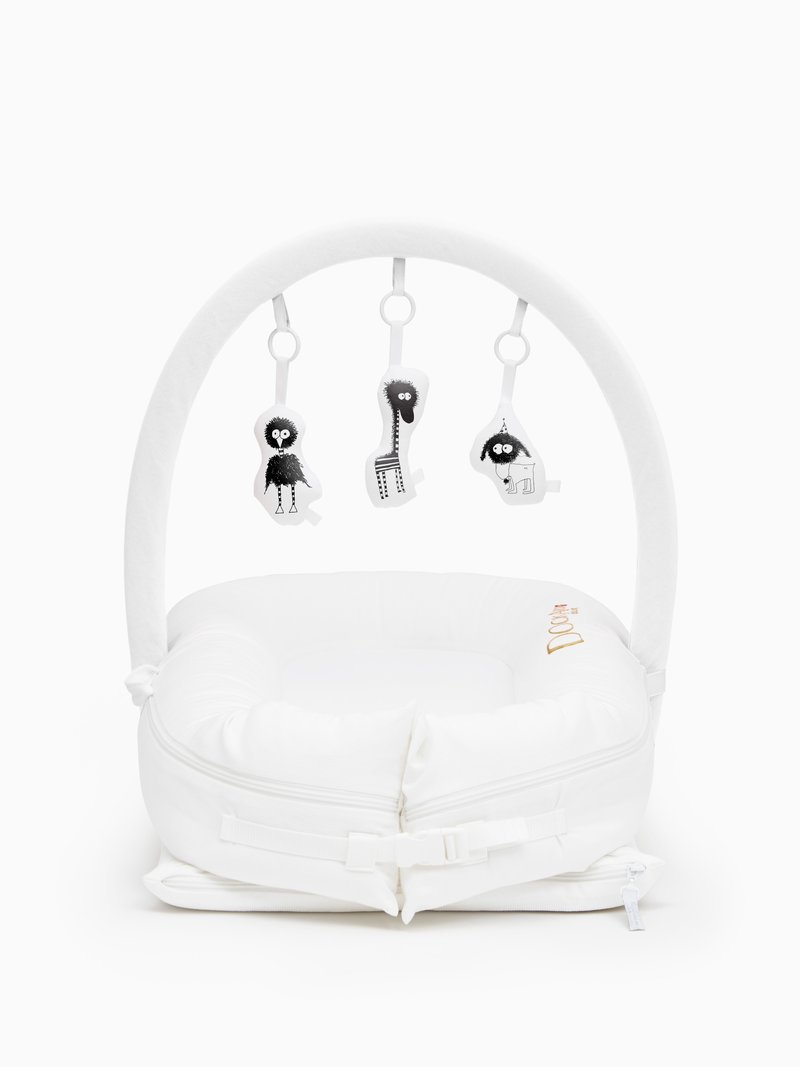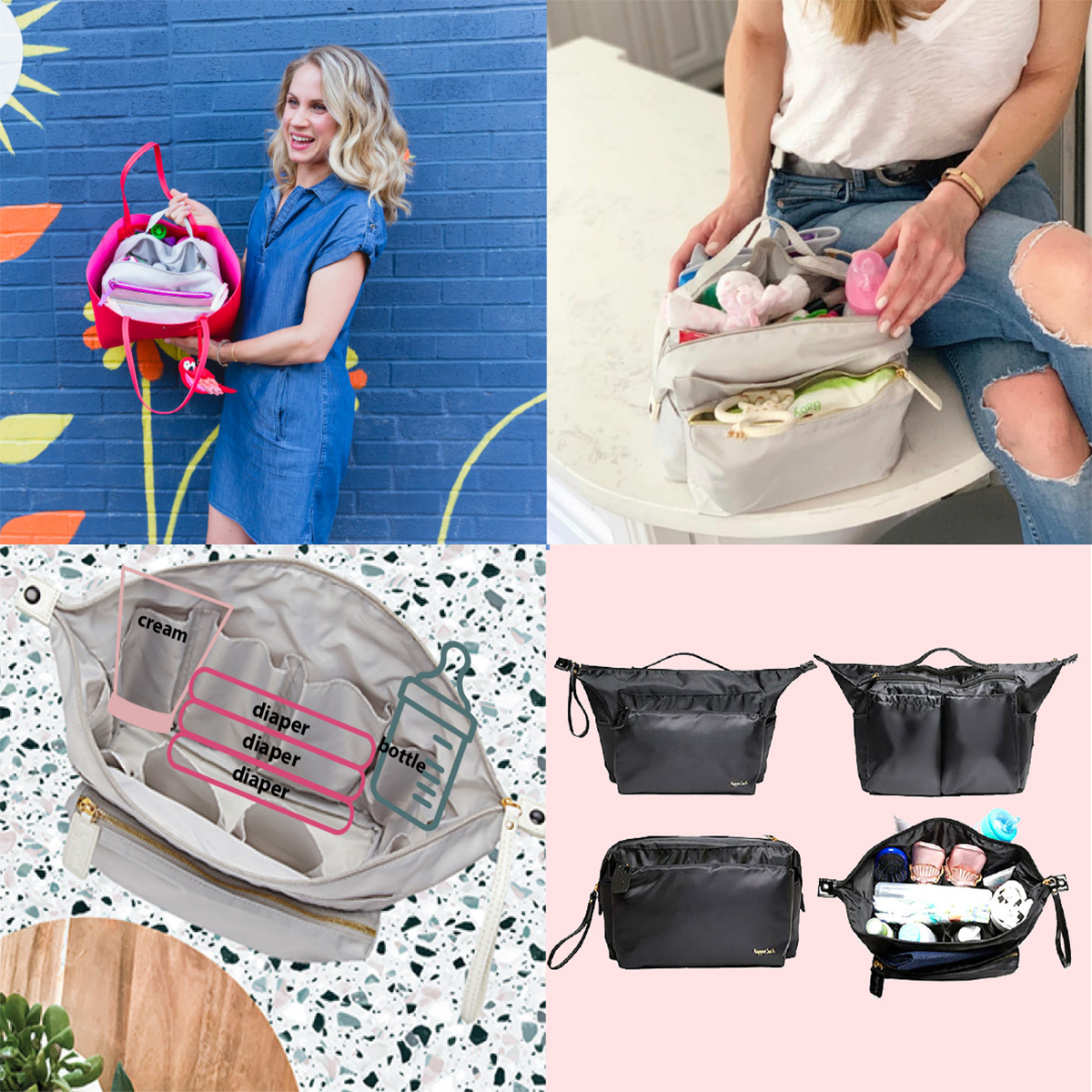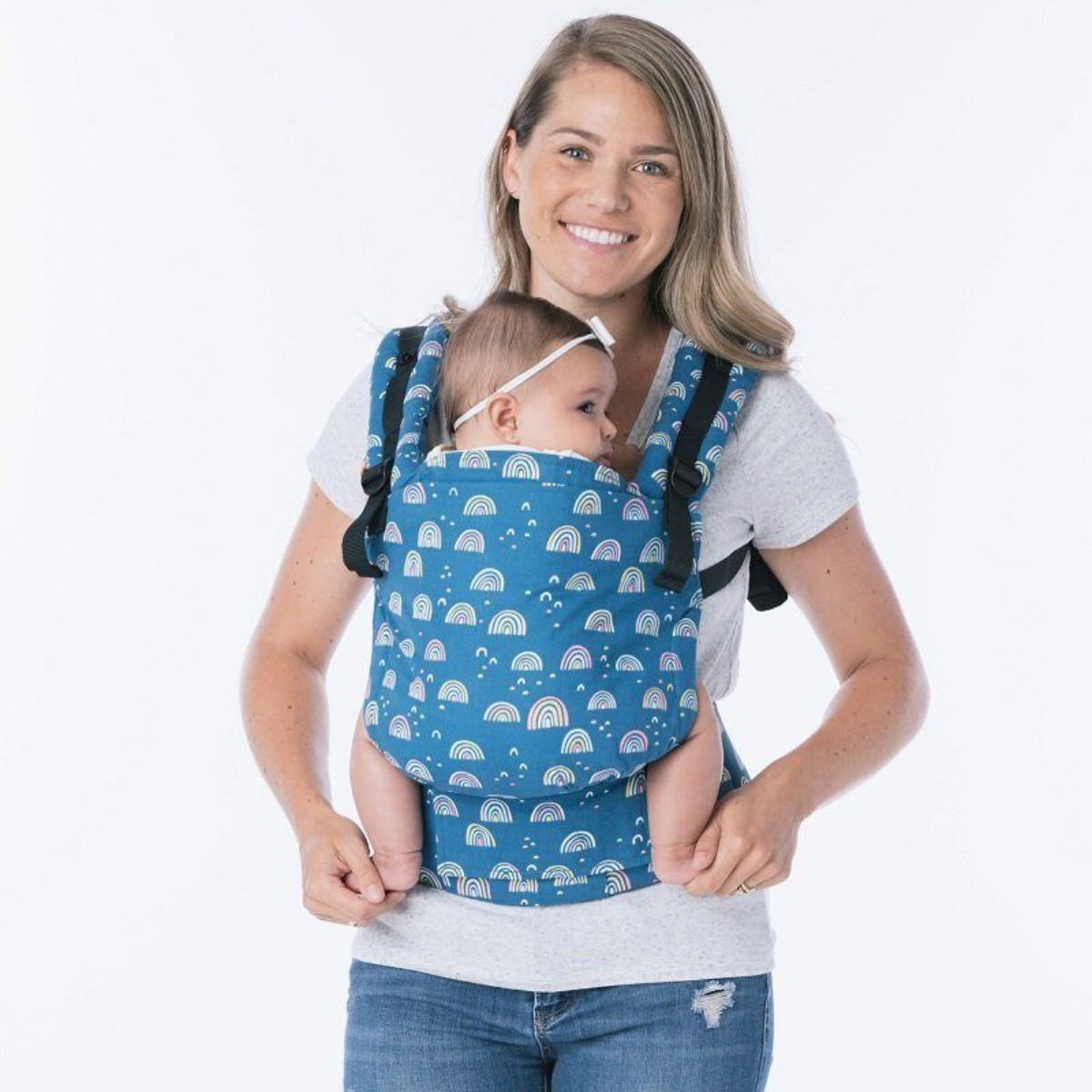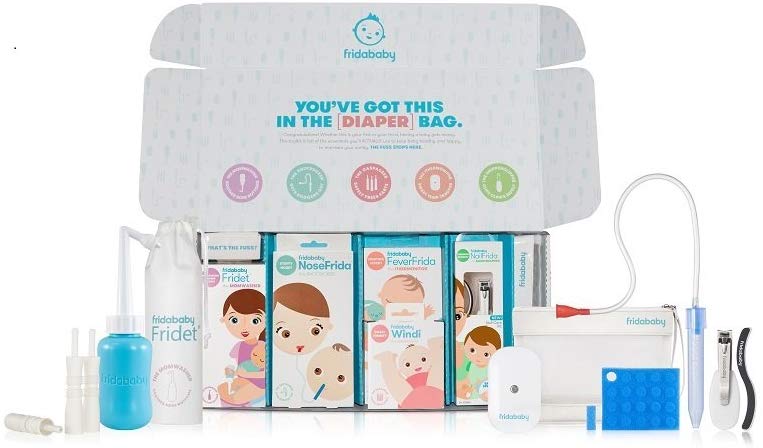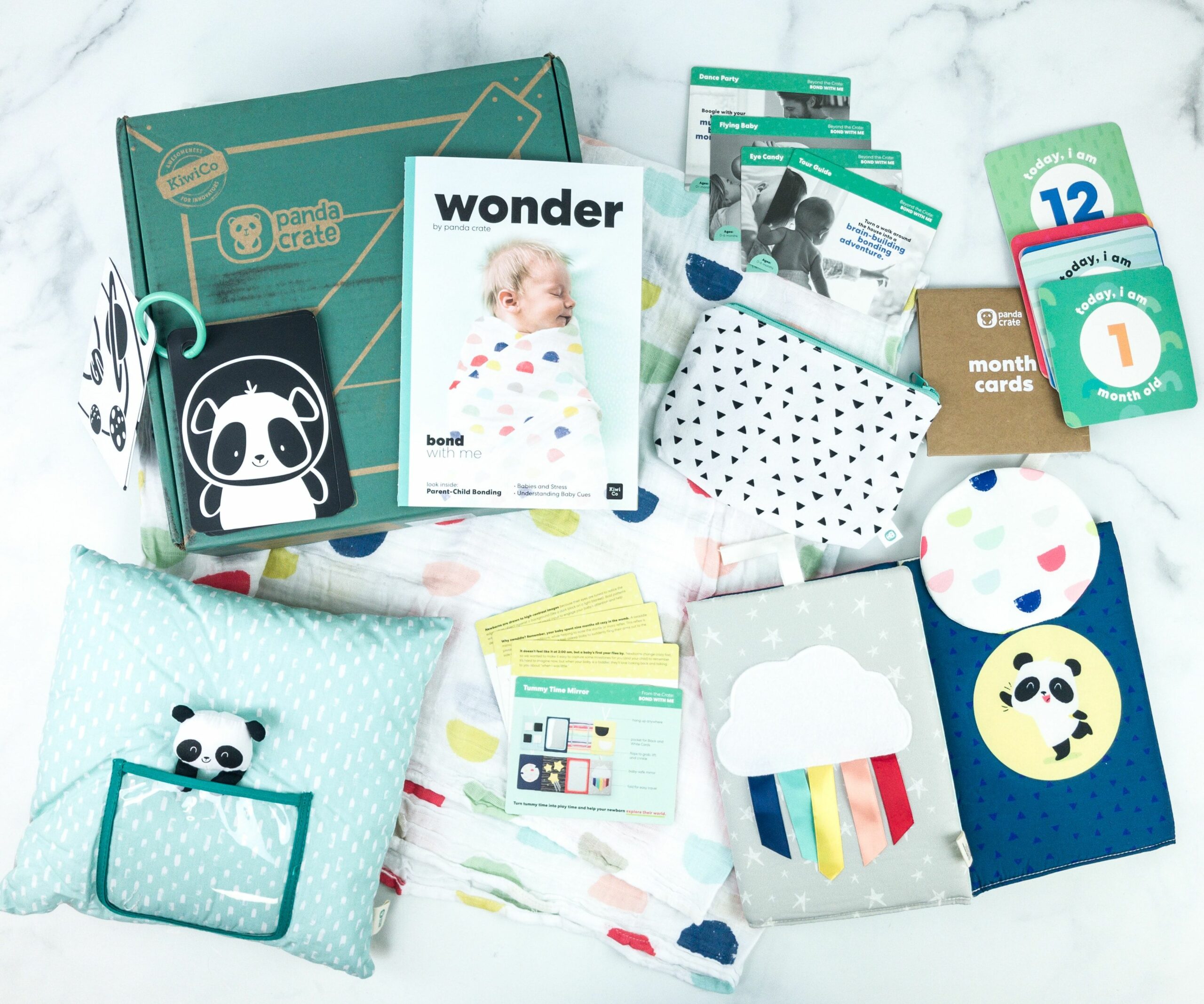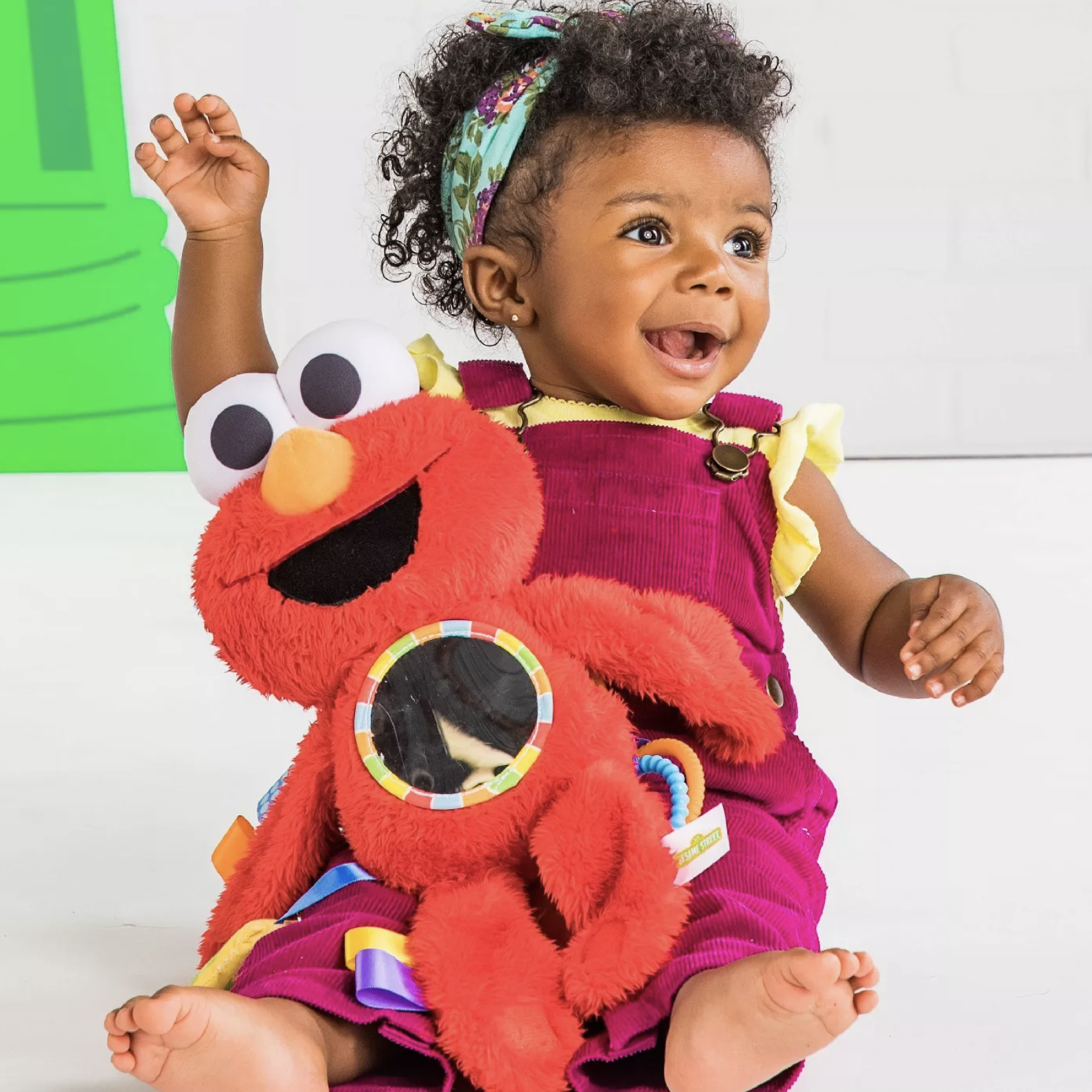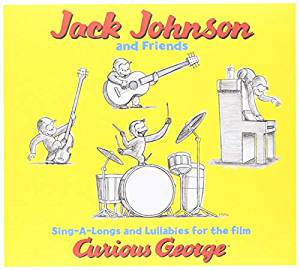When my mom died seven years ago, a lot of well-meaning people expressed their desire to help in the aftermath. While I appreciated it–I appreciated any gesture that gave me an opportunity to talk about my mom and/or feel cared for–most were vague about their intentions, asking if there was anything they could do. I get it. I’ve said the same thing to the recently bereaved, both before and after my mom’s death. It’s hard to know what to say or offer, especially if you’re not sure what their exact needs are; likewise, it can be equally hard for the bereaved to articulate what they need.
The night my mom died, my friend called and asked if there was anything she could do. I was overwhelmed and could barely eke out what I was feeling. My automatic reaction was to say I didn’t need anything. Instead, I took a pause and thought. I knew my refrigerator was pretty empty and I definitely didn’t want to go shopping. So I took a deep breath and asked for what I needed. Would she go grocery shopping for us? For a full week’s worth of groceries? I braced myself, feeling like I was asking too much. She said yes without any hesitation and asked what I wanted.
The idea of coming up with a list immediately made my mind go blank. Then the answer popped into my head. Would she just get whatever she usually bought during her weekly grocery trips? She would and she did. I returned home that night to a full fridge and some items I had never tried before and immediately loved (like Rao’s spaghetti sauce and St. Dalfour’s Red Raspberry spreadable fruit–seriously, they’re so good!). It was a moment of joy amidst one of the worst days of my life, and I will always be grateful that she asked and I answered.
When I gave birth to my first child two years later, I kept all this in mind. Though it was a much different occasion, it called for the same amount of care and attention, and I knew immediately that I’d benefit from a meal train. A woman’s group I belonged to often organized them for members of the group, so I asked for one and received weeks of meals delivered directly to my front door. It was such a relief not to have to think about making food while attempting to keep a newborn fed and alive on little-to-no sleep. And with no mother to help when I’d always imagined her right by my side for this moment.
Toward the end of last year, a friend of mine gave birth. I wanted to offer the same kind of tangible, supportive help that I’d received over the years. I had never organized a meal train before, so I began looking into websites and apps that offered an online version of the old school idea. Reviews of the available options kept pointing to Give InKind as the best option, so I signed up.
As I was setting everything up, I realized that Give InKind had options I had never thought about. In addition to the meal train, which was simple and straightforward to set up, a wish list could be created and gift cards purchased for the person in need of support. I shared her page, which included her wishlist, the gift cards she wanted, and meal train options, with her friends and they quickly filled the spots.
A week or two into the meal train, we paused the available slots for people to sign up for because she, her husband, older son, and newborn were suddenly on the way to see her father. He was sick, and she wanted him to meet his newest grandson. Not long after they returned, he passed away and we started the meal train again.
I came over with food after her father passed away. She was grateful that she’d been able to see her father before he’d passed away, and of course that he’d gotten to meet his grandson. There was so much going on–the lack of sleep, the transition from a one-child family to a two-child family, and that all-consuming kind of grief–any extra details that she didn’t have to think about helped.
In these big life moments, it’s not about fixing things, it’s about being there to support our loved ones in the ways they need most.
Offering something tangible, like dropping off a meal at their front door or asking to sit with and hold space with them, can be really helpful. More than that, concentrating on their needs and letting go of any awkwardness or uncomfortable feelings associated with death, is what’s needed.
If you or someone you know is in need of support, start their Give InKind page here.
Helpful Products
Give InKind does not provide medical advice, diagnosis, or treatment. We have an affiliate relationship with many of the advertisers on our site, and may receive a commission from any products purchased from links in this article. See Terms & Conditions.
